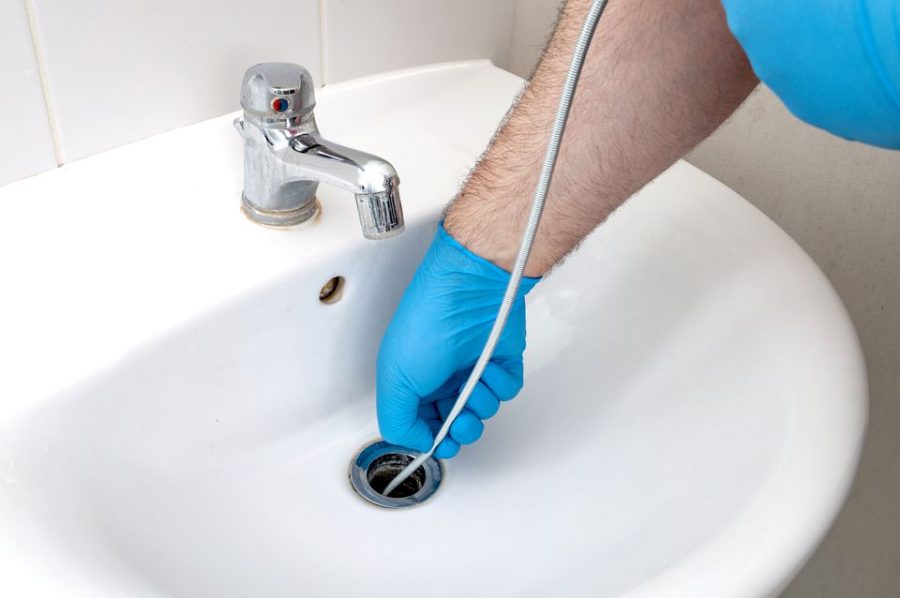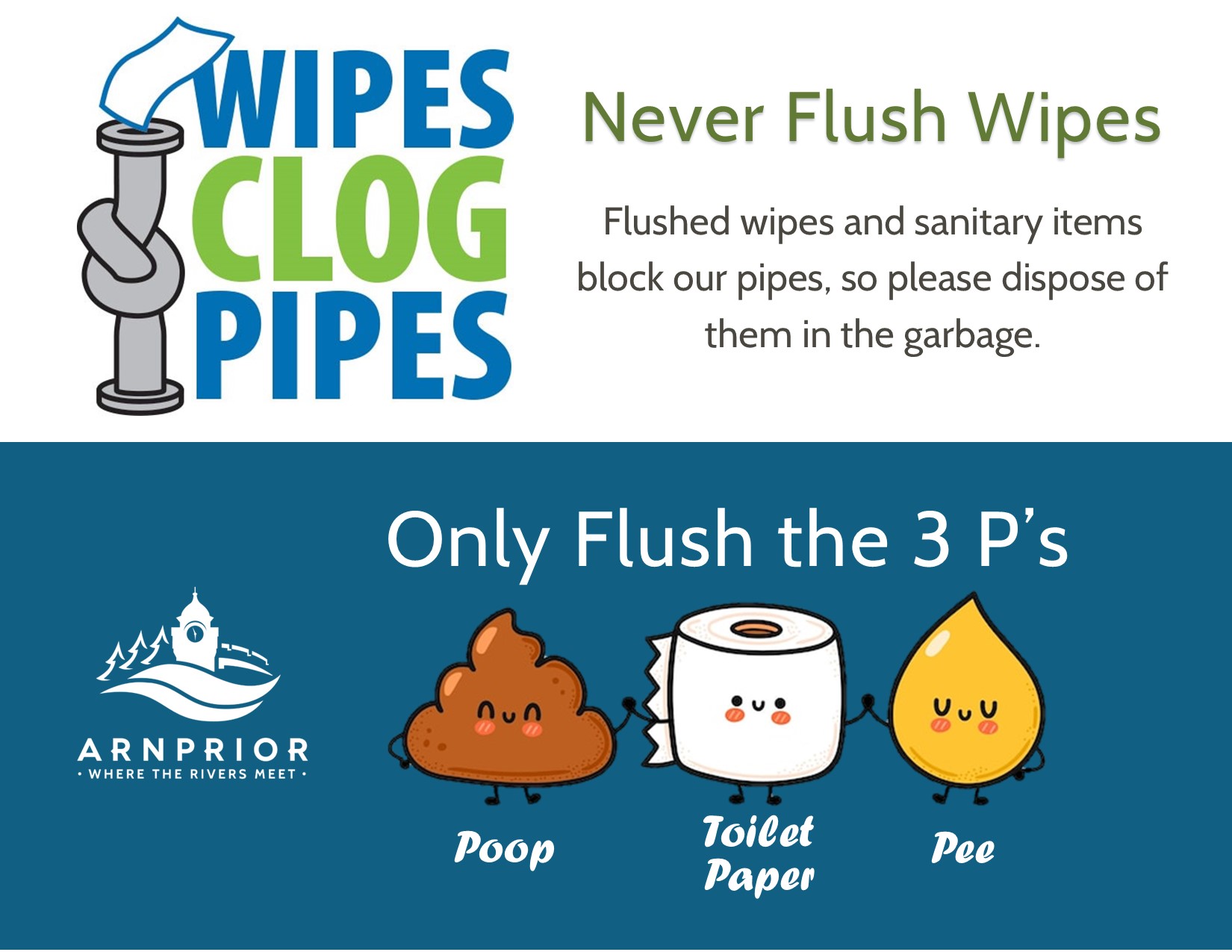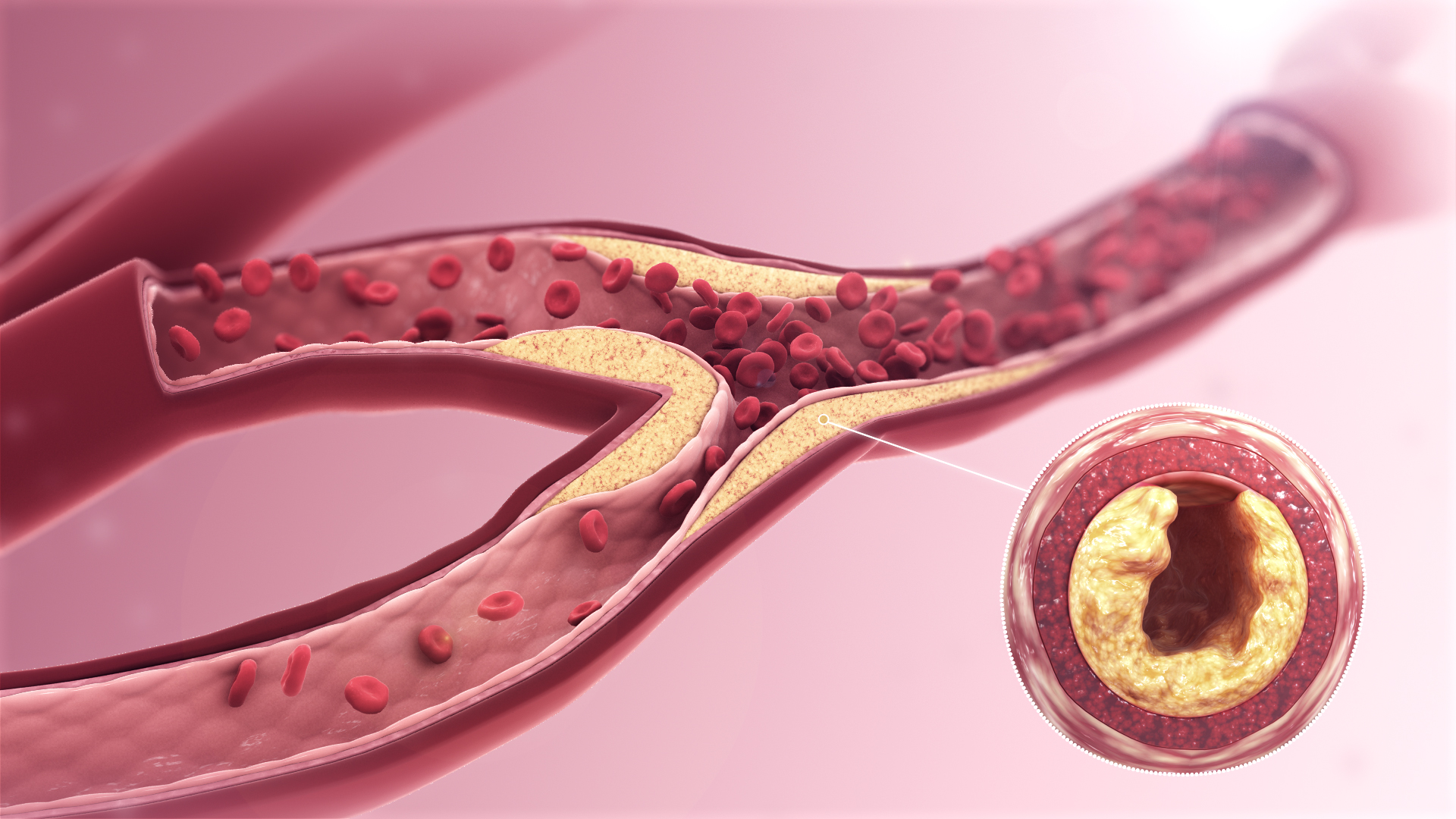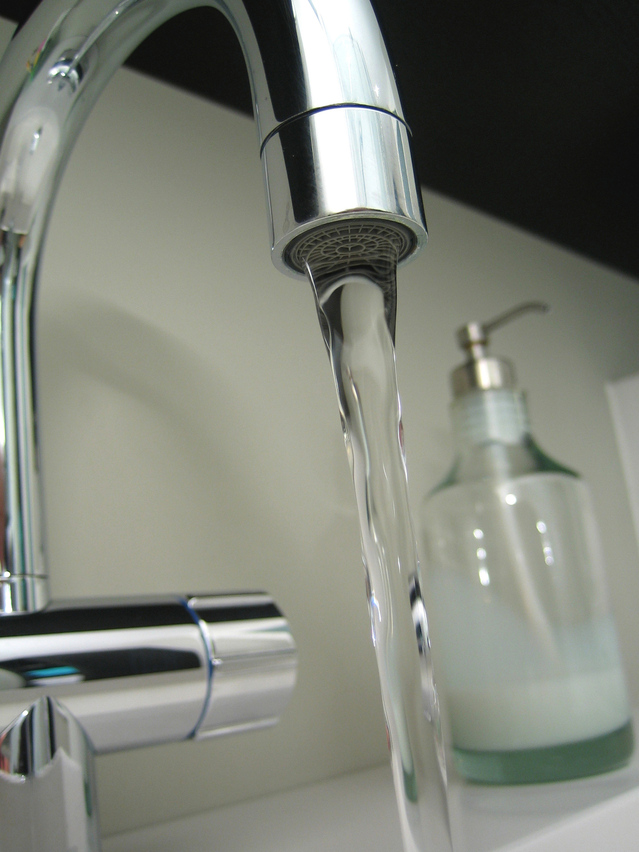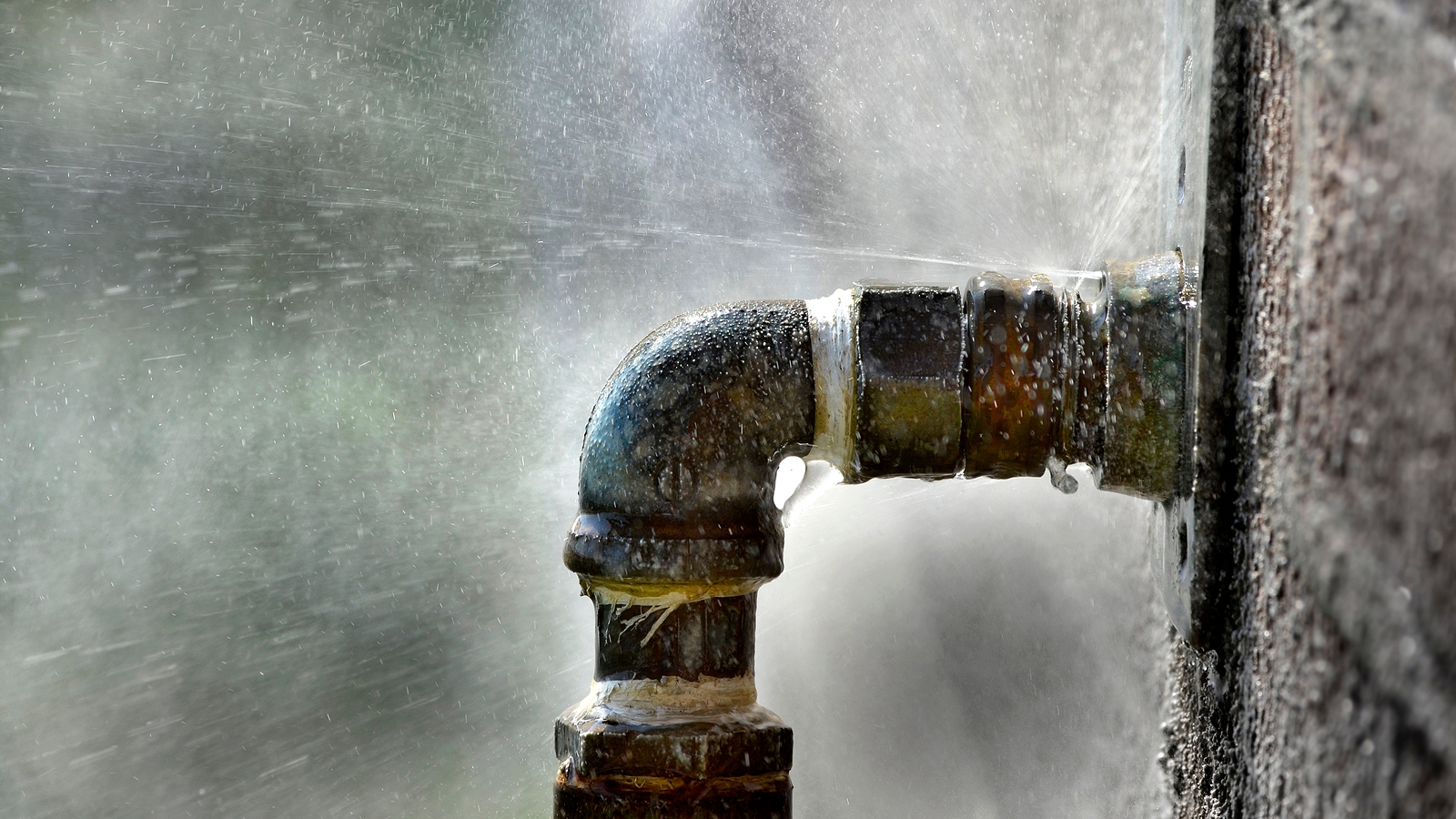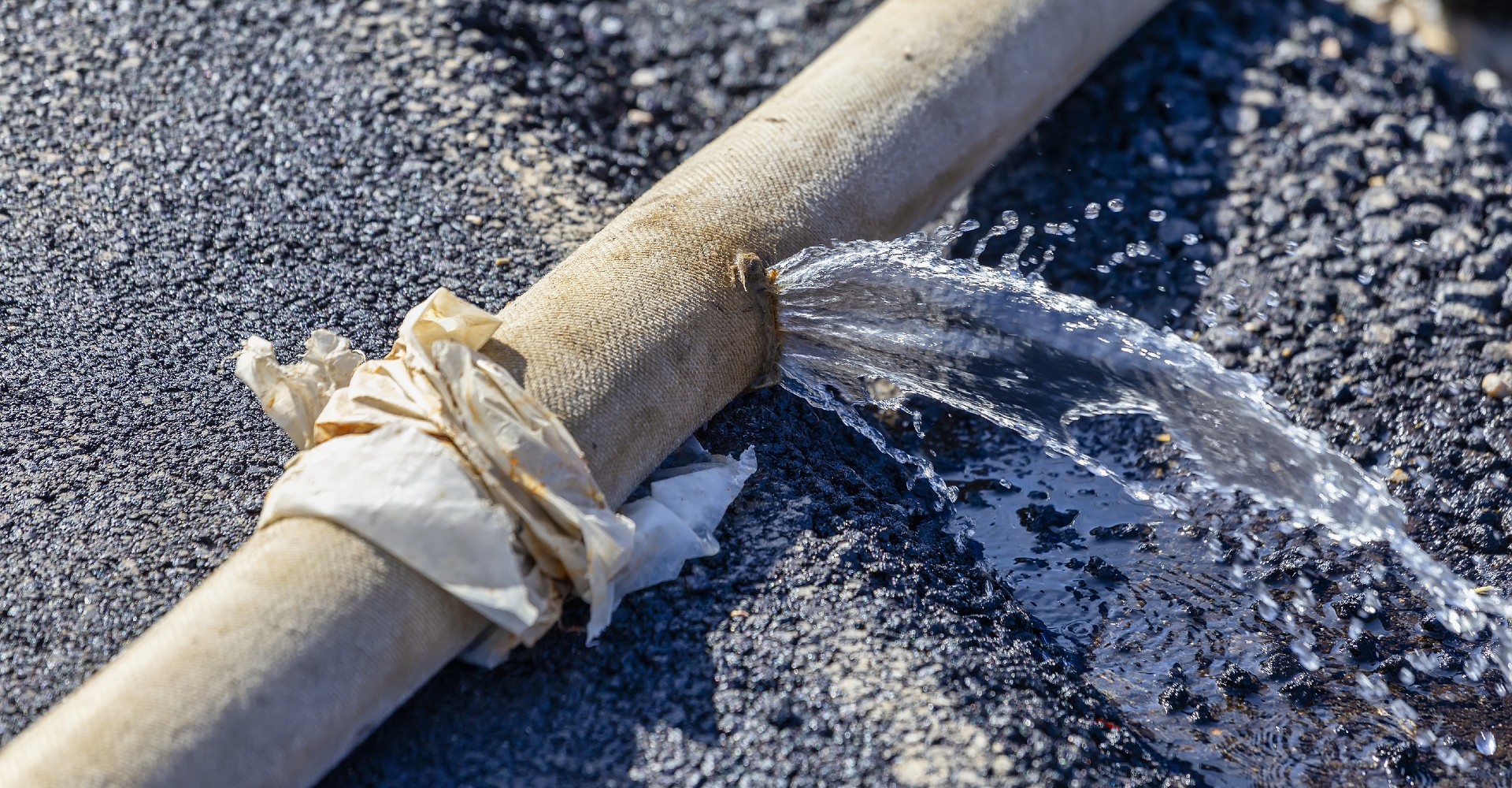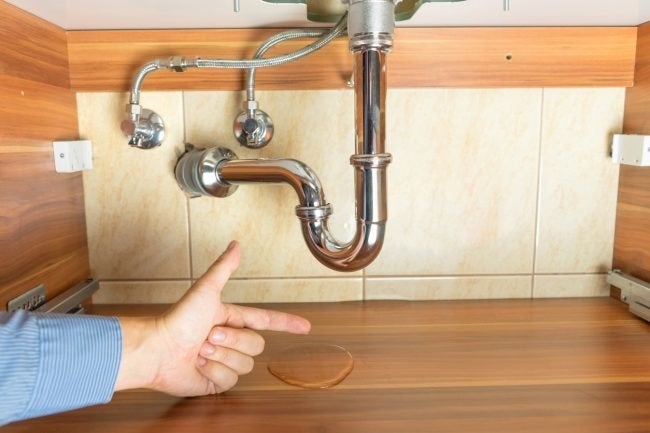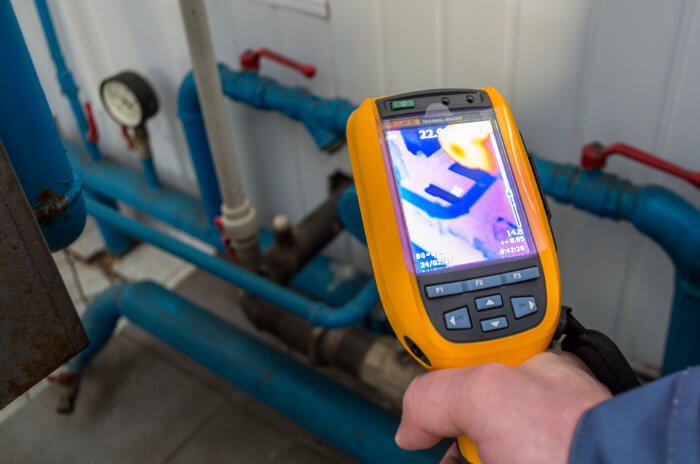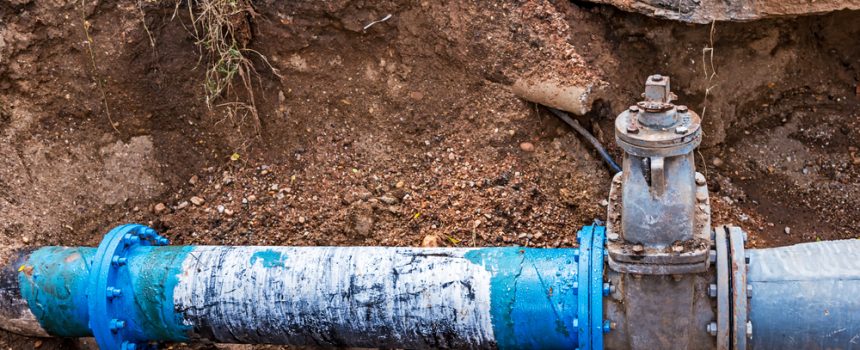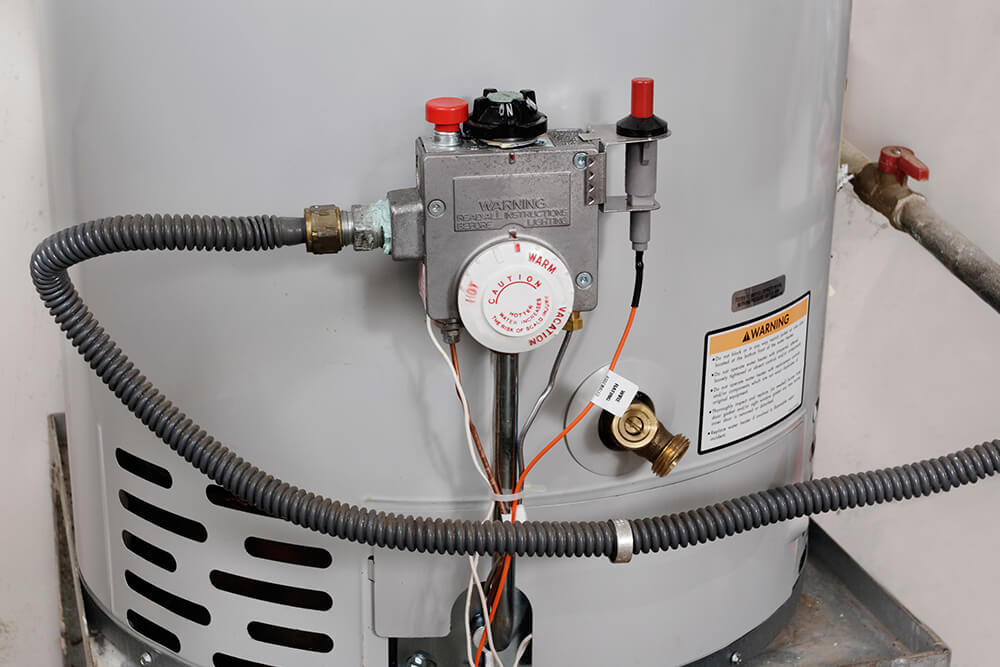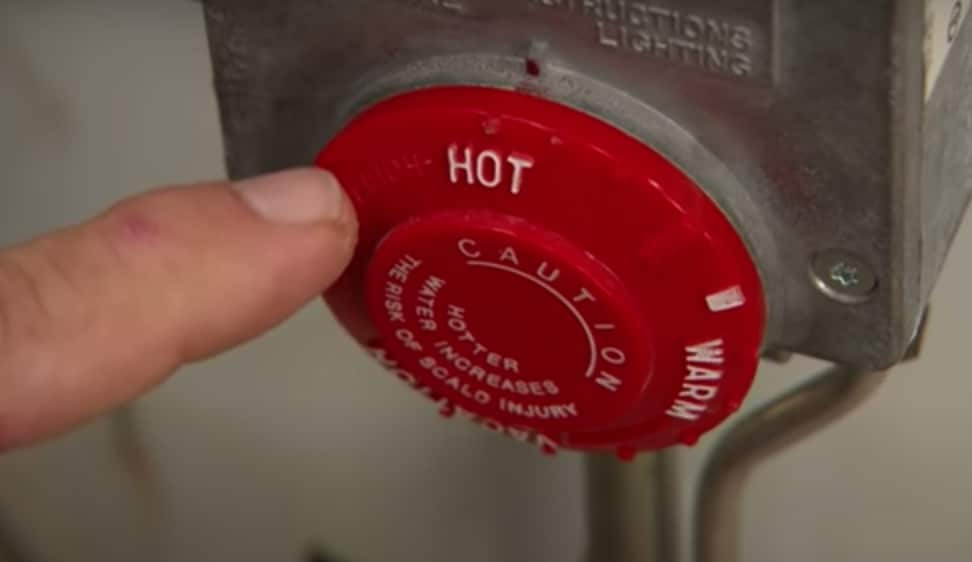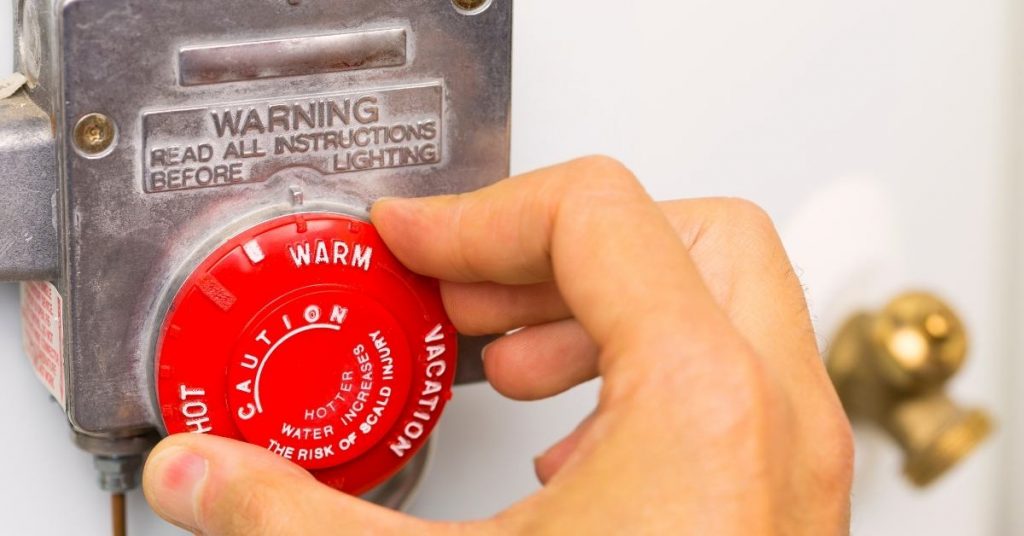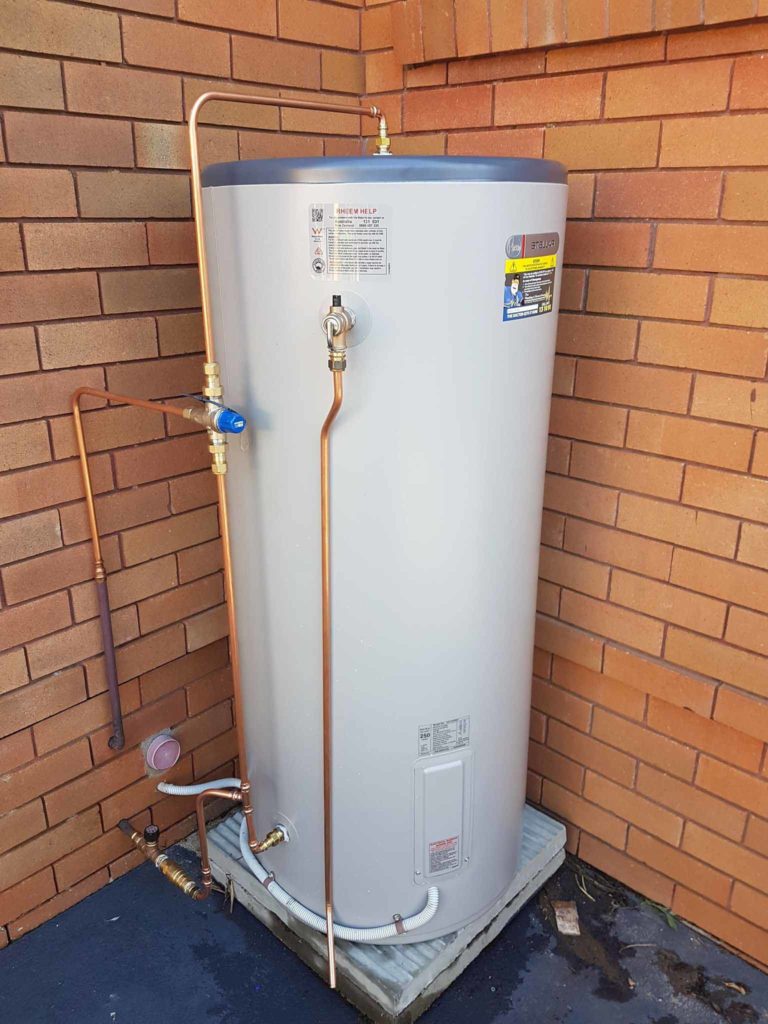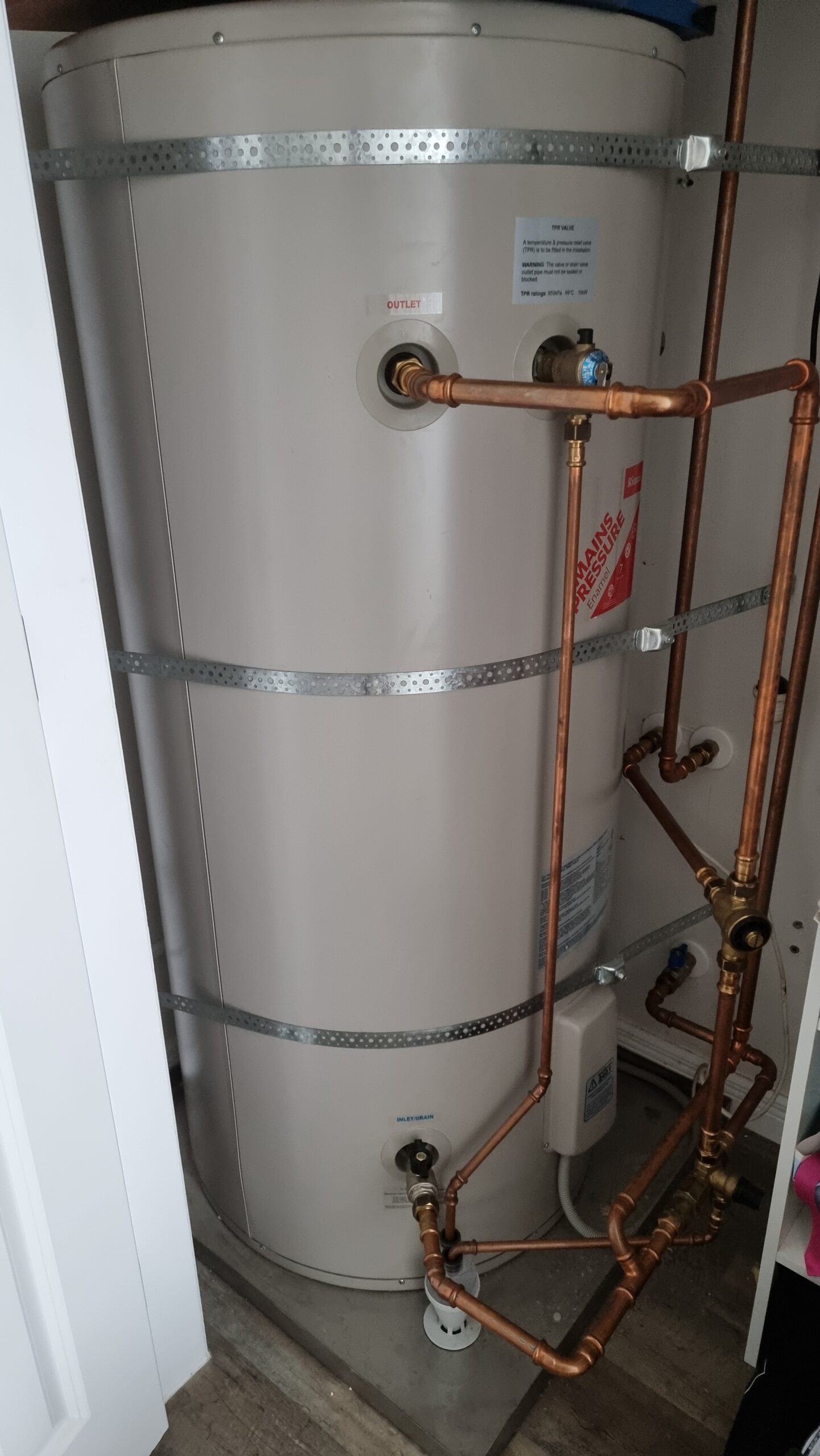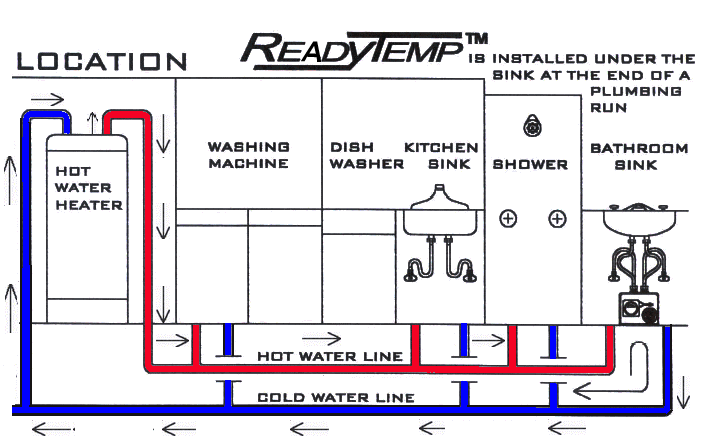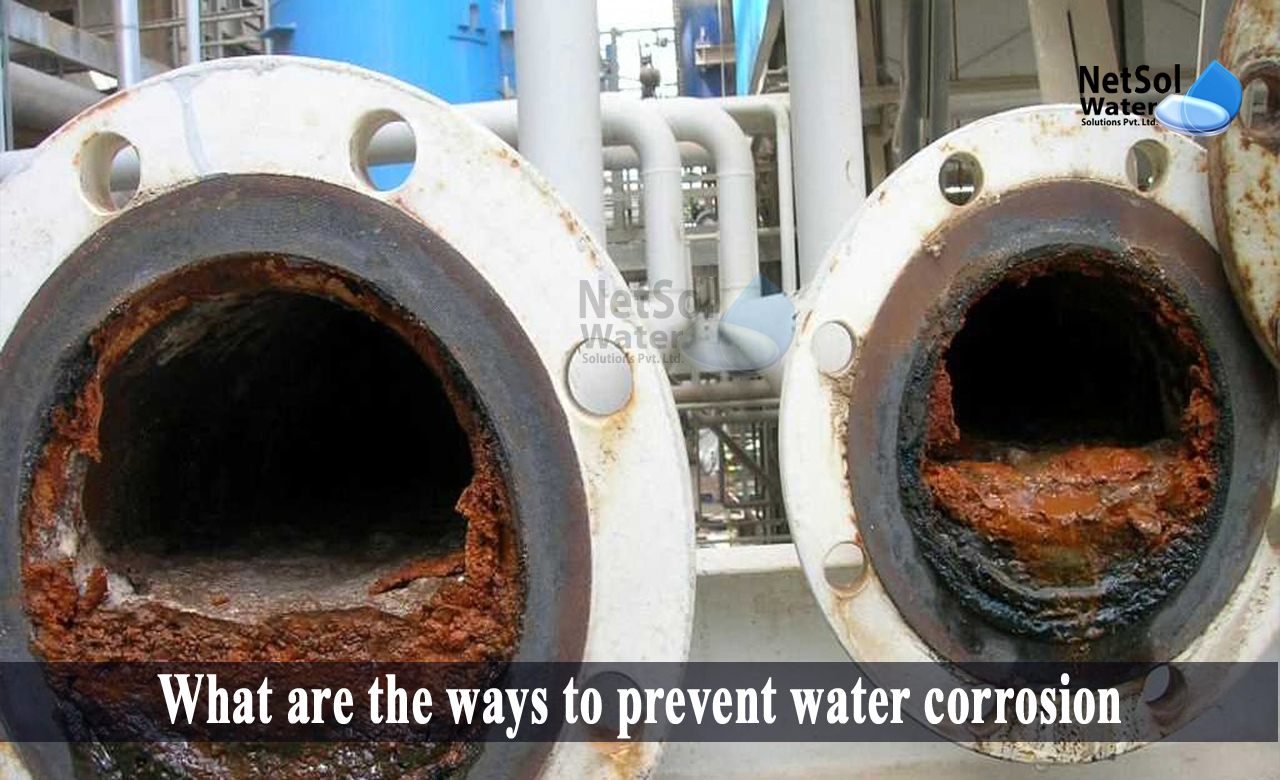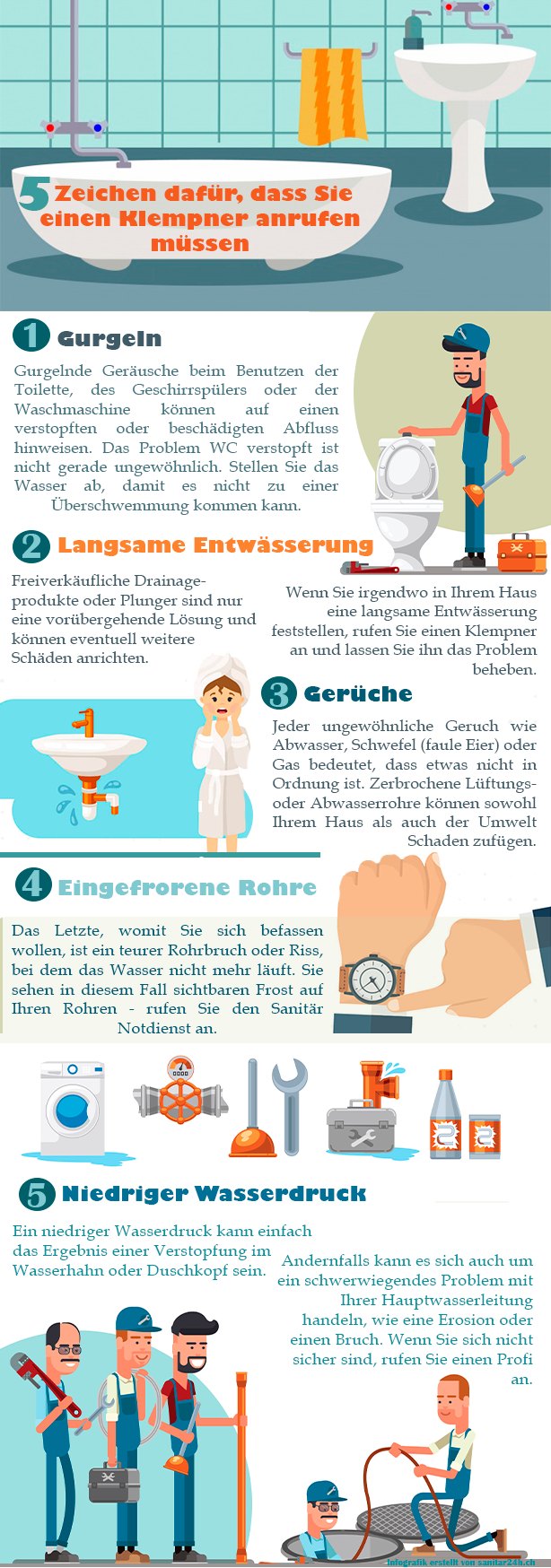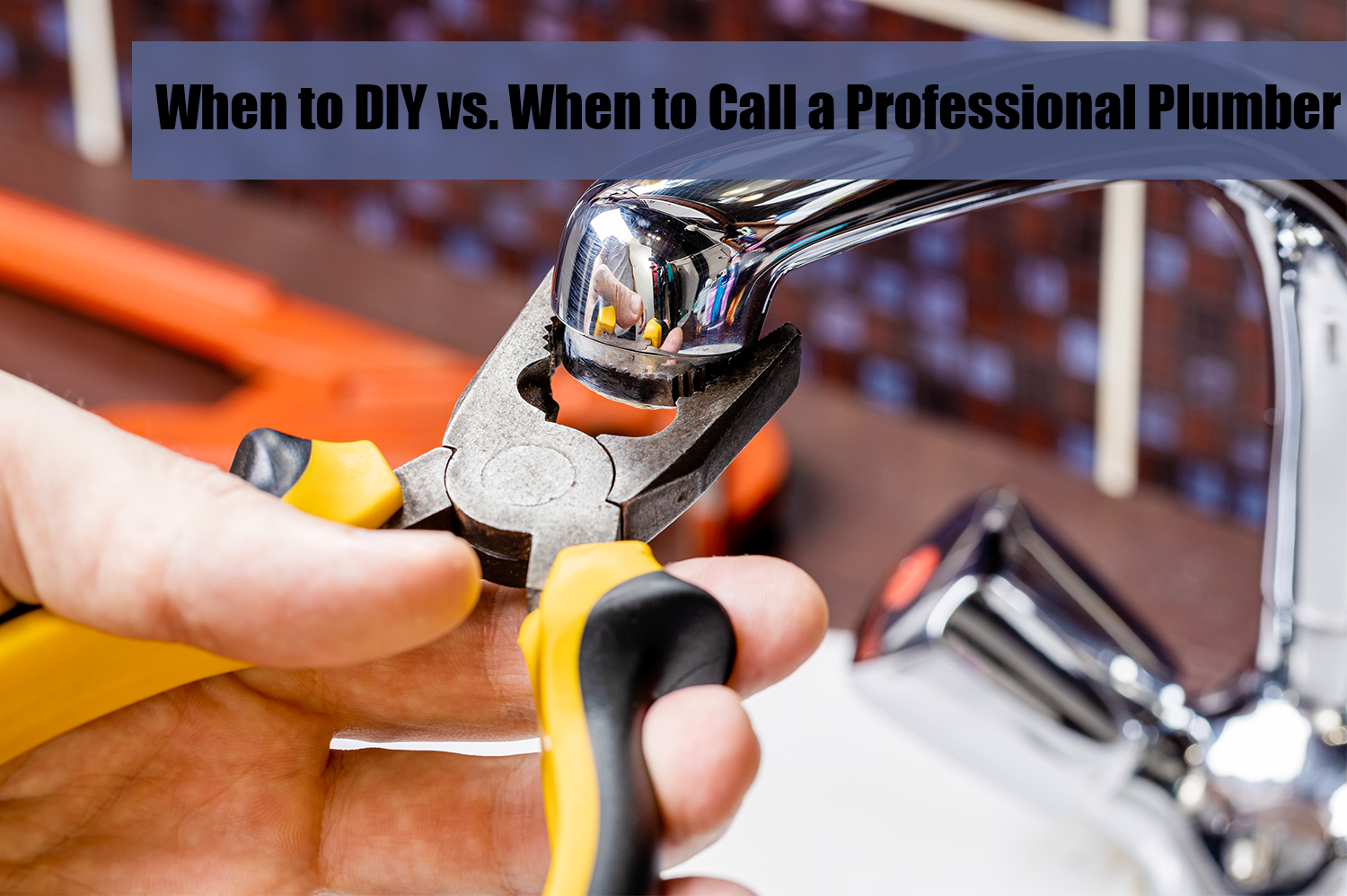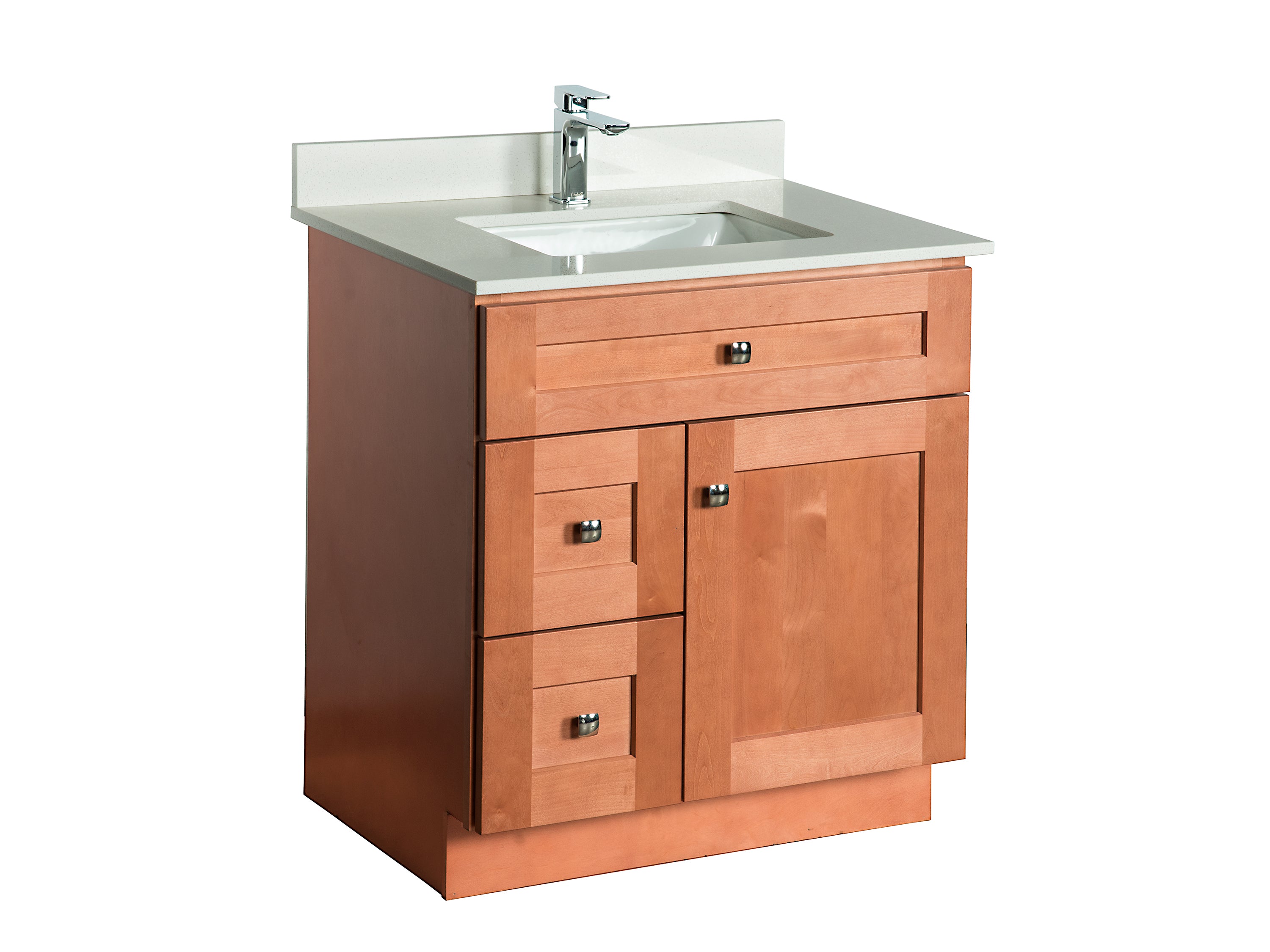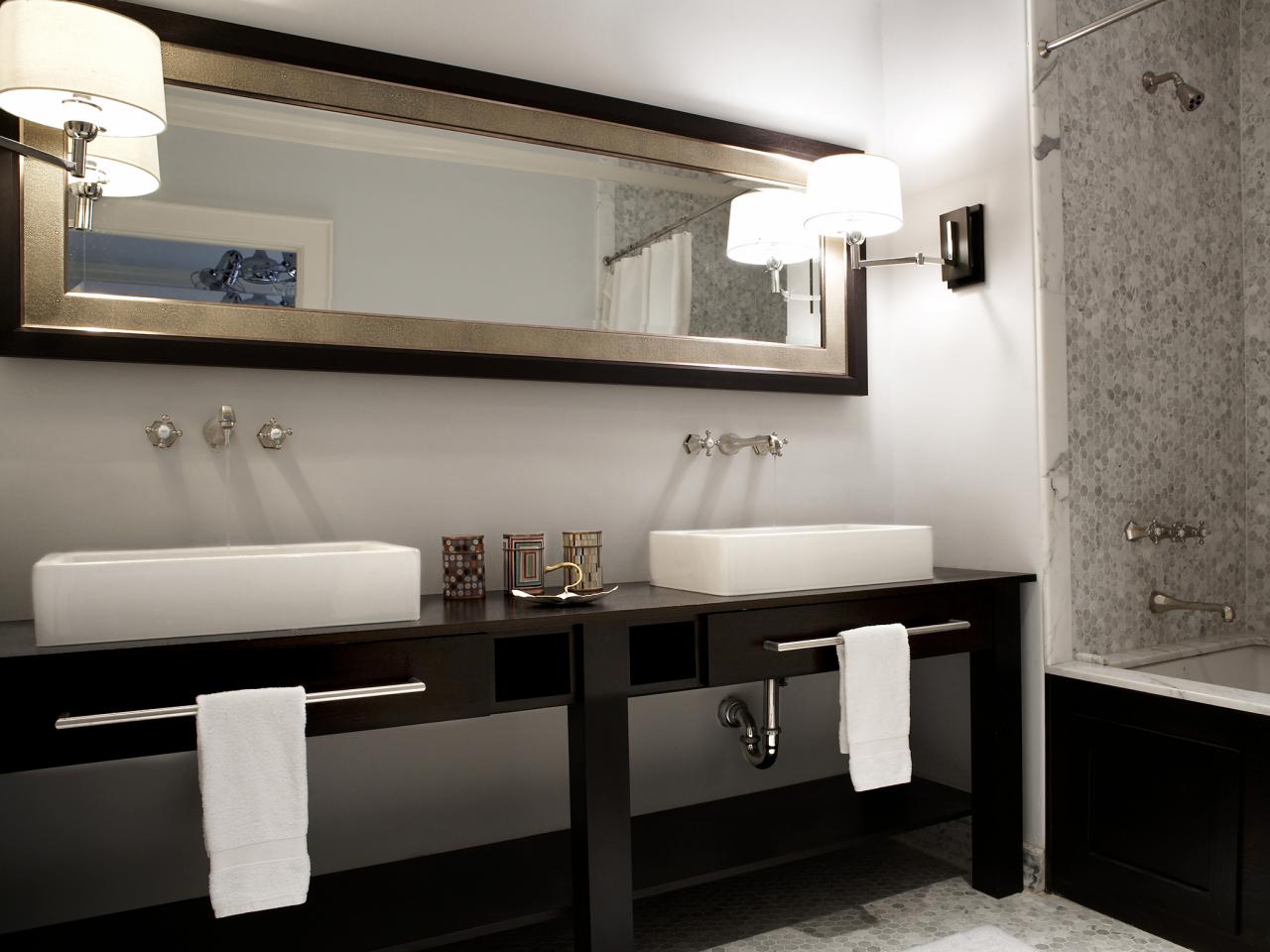If your kitchen sink is not producing any hot water, the first thing you should check is your water heater. This is the most common cause of no hot water in the kitchen sink. Make sure the water heater is turned on and functioning properly. If it's an electric water heater, check the circuit breaker to ensure it hasn't tripped. If it's a gas water heater, make sure the gas supply is turned on and there are no issues with the pilot light. If everything seems to be in order, it's time to move on to the next step.Check the water heater
Another possible culprit for no hot water in the kitchen sink is the water supply valve. This is the valve that controls the flow of water into your kitchen. It's usually located under the sink and can accidentally get turned off or partially closed. Make sure the valve is fully open and check for any signs of damage or leaks. If the valve is damaged, it may need to be replaced.Check the water supply valve
The faucet aerator is a small device at the end of your faucet that helps regulate the flow of water. Over time, it can become clogged with mineral deposits or debris, which can affect the flow of hot water. To check if this is the issue, unscrew the aerator from the end of the faucet and clean it thoroughly. If the hot water flow improves after cleaning the aerator, then the problem is solved. If not, move on to the next step.Check the faucet aerator
Similar to the water supply valve, your kitchen may also have a hot water shut-off valve. This valve controls the flow of hot water specifically and can accidentally get turned off or partially closed. Make sure the valve is fully open and check for any signs of damage or leaks. If the valve is damaged, it may need to be replaced.Check the hot water shut-off valve
If none of the above solutions have worked, it's possible that there may be a clog in the hot water pipes leading to your kitchen sink. This can happen due to a buildup of mineral deposits or debris. If you suspect a clog, you can try using a plunger to clear it. If that doesn't work, you may need to call a professional plumber for assistance.Check for clogs in the pipes
A leak in the hot water line can also cause a lack of hot water in your kitchen sink. Check the hot water line for any signs of leaks, such as dripping or puddles. If you do find a leak, it will need to be repaired by a professional plumber. Ignoring a leak can lead to further damage and higher water bills.Check the hot water line for leaks
If you have determined that the water heater is the issue, check the temperature setting. It's possible that the temperature has been accidentally turned down, resulting in no hot water. The ideal temperature for a water heater is between 120-140 degrees Fahrenheit. If the temperature is set too high, it can also be a safety hazard. Adjust the temperature accordingly and see if that solves the problem.Check the temperature setting on the water heater
Air pockets can also disrupt the flow of hot water in your kitchen sink. To check for air pockets, turn on the hot water in your sink and let it run for a few minutes. If there are air pockets, you may hear a sputtering or gurgling sound. To fix this, turn off the hot water and then turn it back on. This should help release any trapped air in the line.Check the hot water line for air pockets
Corrosion can also be a factor in no hot water coming through your kitchen sink. Over time, hot water pipes can corrode, leading to reduced water flow. Check for any signs of corrosion on the hot water line and if you find any, it's best to call a professional plumber to replace the affected pipes.Check the hot water line for corrosion
If you have tried all of the above solutions and are still not getting any hot water in your kitchen sink, it's time to call a professional plumber. They will have the experience and tools to diagnose and fix the issue. Don't wait too long to address the problem as it can lead to further damage and inconvenience. In conclusion, there are several possible causes for no hot water coming through your kitchen sink. By checking these 10 main areas, you can troubleshoot and hopefully solve the issue. If all else fails, don't hesitate to call a plumber for help. After all, having a functioning hot water supply in your kitchen is essential for daily tasks and overall comfort.Call a plumber for professional assistance
No Hot Water? Here's What You Need to Know About Kitchen Sink Plumbing

Understanding Your Kitchen Sink Plumbing System
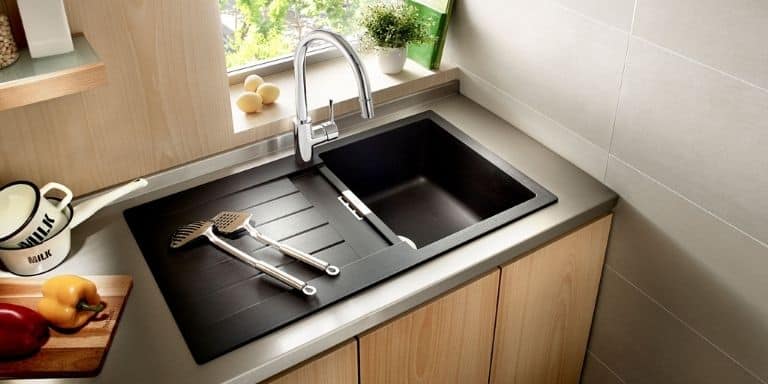 The kitchen sink is an essential part of any household, and it's a place where we rely on having access to clean, hot water for cooking, cleaning, and more. However, it can be frustrating when you turn on the tap and no hot water comes out. Before you panic and call a plumber, it's important to understand the basics of your kitchen sink plumbing system.
Hot Water Heater
The first component of your kitchen sink plumbing system is the hot water heater. This large tank is responsible for heating and storing hot water for your entire home. It is typically located in the basement or utility closet and is connected to your kitchen sink through a series of pipes.
Pipes
The pipes that carry hot water to your kitchen sink are an integral part of the plumbing system. These pipes run from the hot water heater to your kitchen sink, and they can be made of different materials such as copper, PVC, or PEX. Over time, these pipes can become clogged or damaged, resulting in a lack of hot water.
The kitchen sink is an essential part of any household, and it's a place where we rely on having access to clean, hot water for cooking, cleaning, and more. However, it can be frustrating when you turn on the tap and no hot water comes out. Before you panic and call a plumber, it's important to understand the basics of your kitchen sink plumbing system.
Hot Water Heater
The first component of your kitchen sink plumbing system is the hot water heater. This large tank is responsible for heating and storing hot water for your entire home. It is typically located in the basement or utility closet and is connected to your kitchen sink through a series of pipes.
Pipes
The pipes that carry hot water to your kitchen sink are an integral part of the plumbing system. These pipes run from the hot water heater to your kitchen sink, and they can be made of different materials such as copper, PVC, or PEX. Over time, these pipes can become clogged or damaged, resulting in a lack of hot water.
Common Causes of No Hot Water in the Kitchen Sink
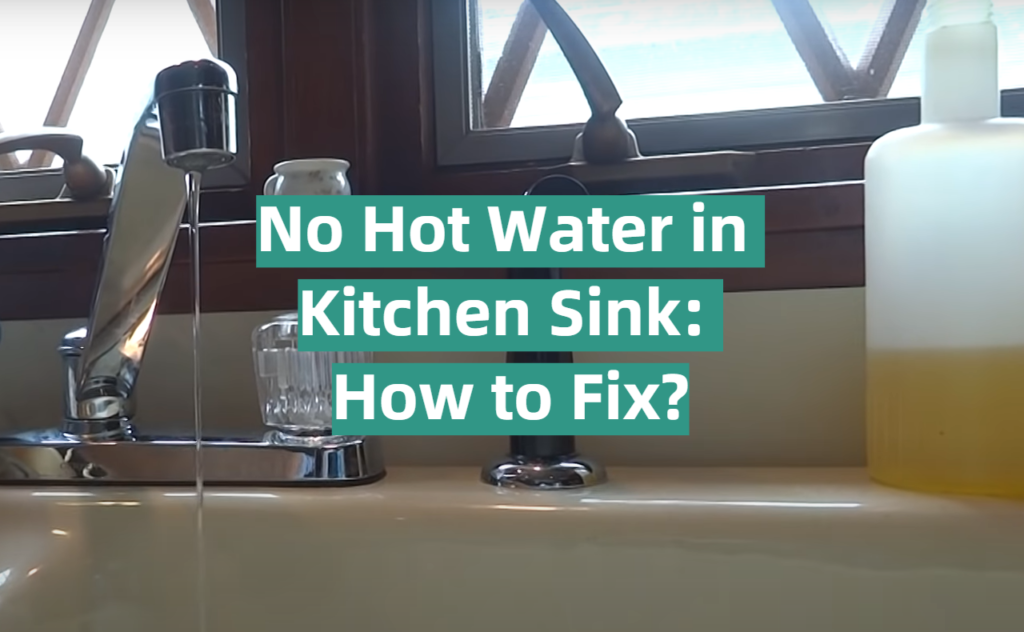 There are several reasons why you may not be getting hot water in your kitchen sink. Some of the most common causes include a malfunctioning hot water heater, a clogged pipe, or a faulty faucet.
Malfunctioning Hot Water Heater
If your hot water heater is not functioning correctly, it could be the reason why you have no hot water in your kitchen sink. Check to see if the pilot light is lit or if the temperature setting is correct. If these don't seem to be the issue, it's best to call a professional to assess and repair the hot water heater.
Clogged Pipe
Over time, pipes can become clogged with mineral deposits, rust, or debris. This can restrict the flow of hot water to your kitchen sink. If you suspect a clogged pipe, it's best to call a plumber to inspect and clear the blockage.
Faulty Faucet
Sometimes, the issue may not be with your hot water heater or pipes, but with the faucet itself. A faulty faucet can prevent hot water from flowing properly. If you notice a leak or any other issues with your faucet, it's best to have it repaired or replaced by a professional.
There are several reasons why you may not be getting hot water in your kitchen sink. Some of the most common causes include a malfunctioning hot water heater, a clogged pipe, or a faulty faucet.
Malfunctioning Hot Water Heater
If your hot water heater is not functioning correctly, it could be the reason why you have no hot water in your kitchen sink. Check to see if the pilot light is lit or if the temperature setting is correct. If these don't seem to be the issue, it's best to call a professional to assess and repair the hot water heater.
Clogged Pipe
Over time, pipes can become clogged with mineral deposits, rust, or debris. This can restrict the flow of hot water to your kitchen sink. If you suspect a clogged pipe, it's best to call a plumber to inspect and clear the blockage.
Faulty Faucet
Sometimes, the issue may not be with your hot water heater or pipes, but with the faucet itself. A faulty faucet can prevent hot water from flowing properly. If you notice a leak or any other issues with your faucet, it's best to have it repaired or replaced by a professional.
Conclusion
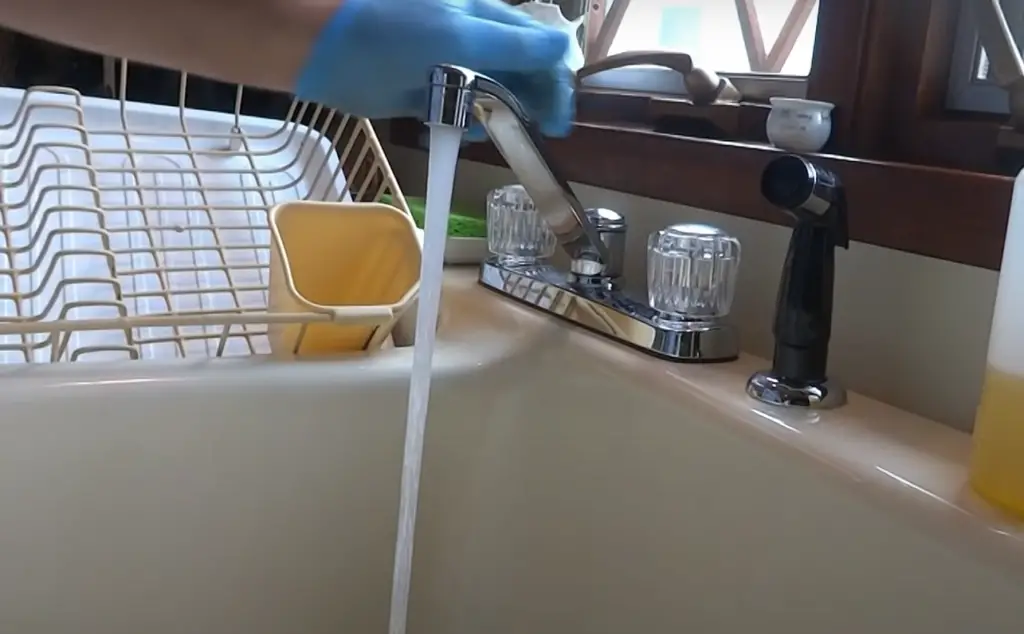 Having no hot water in your kitchen sink can be a frustrating and inconvenient problem. However, by understanding the basics of your kitchen sink plumbing system and identifying common causes of no hot water, you can troubleshoot the issue and resolve it in a timely manner. If you're unable to diagnose and fix the problem yourself, it's always best to seek the help of a professional plumber. With proper maintenance and care, you can ensure that your kitchen sink continues to provide you with hot water for all your kitchen needs.
Having no hot water in your kitchen sink can be a frustrating and inconvenient problem. However, by understanding the basics of your kitchen sink plumbing system and identifying common causes of no hot water, you can troubleshoot the issue and resolve it in a timely manner. If you're unable to diagnose and fix the problem yourself, it's always best to seek the help of a professional plumber. With proper maintenance and care, you can ensure that your kitchen sink continues to provide you with hot water for all your kitchen needs.
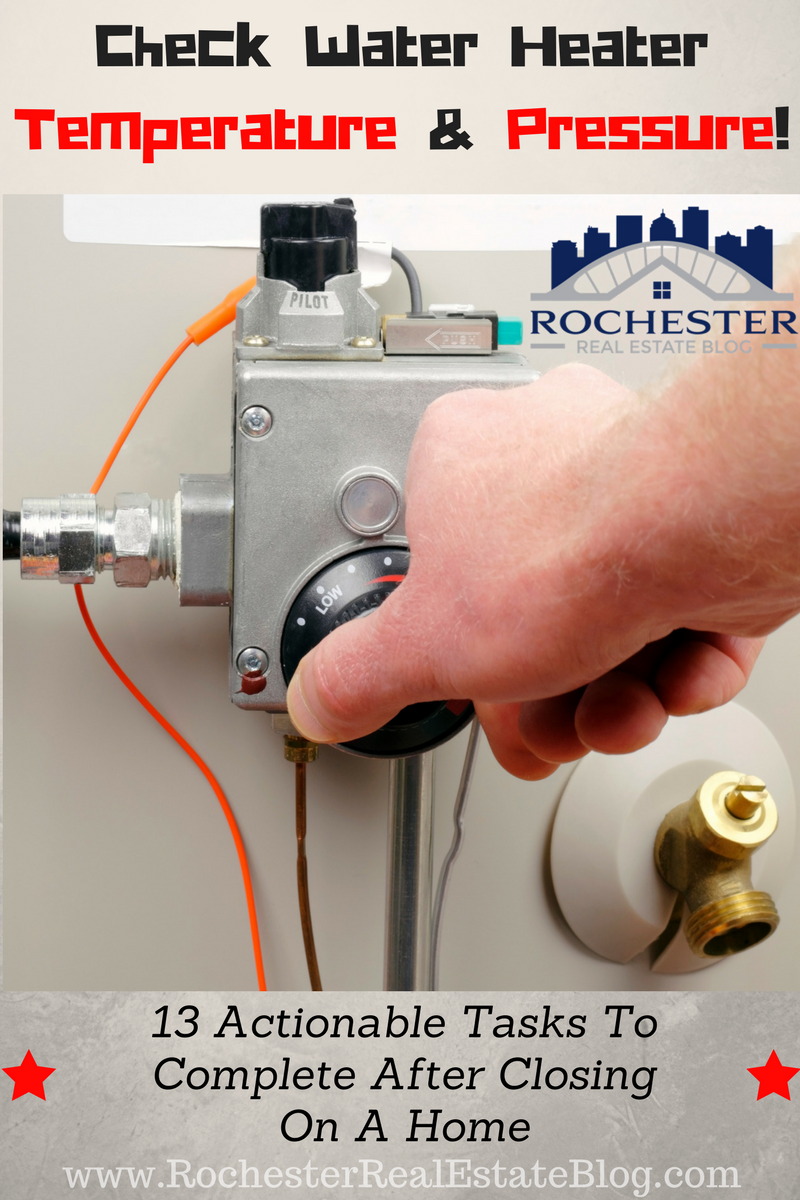




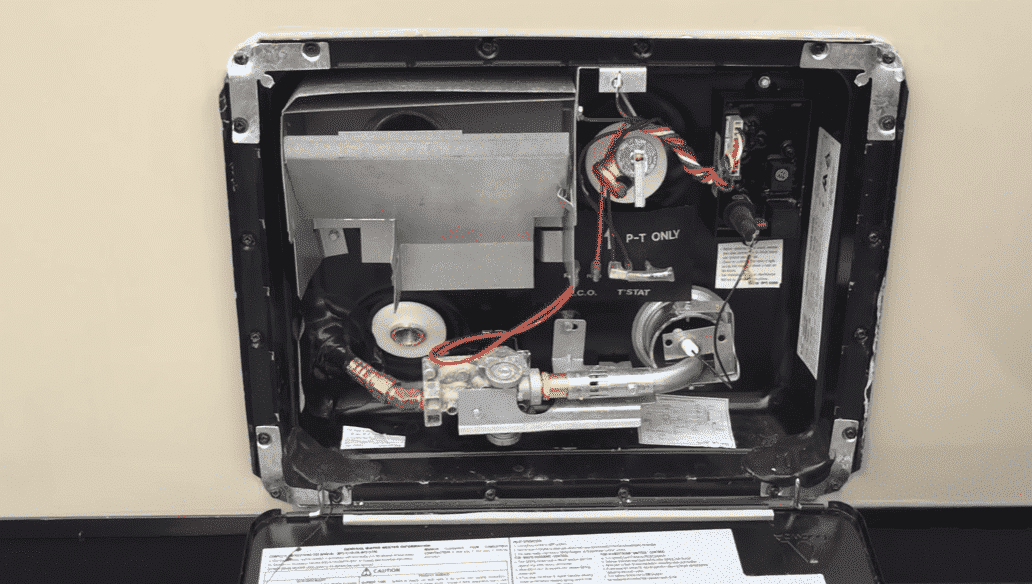
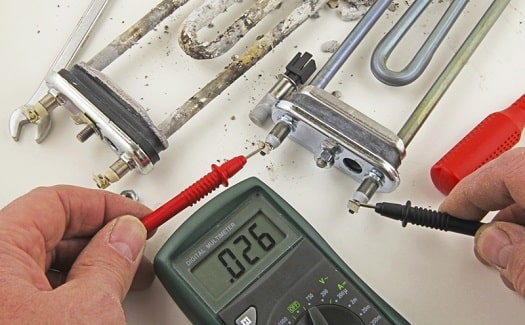

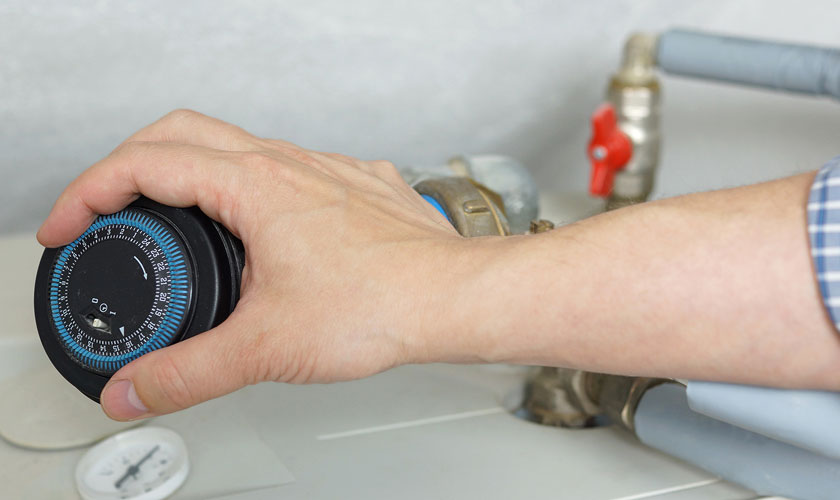
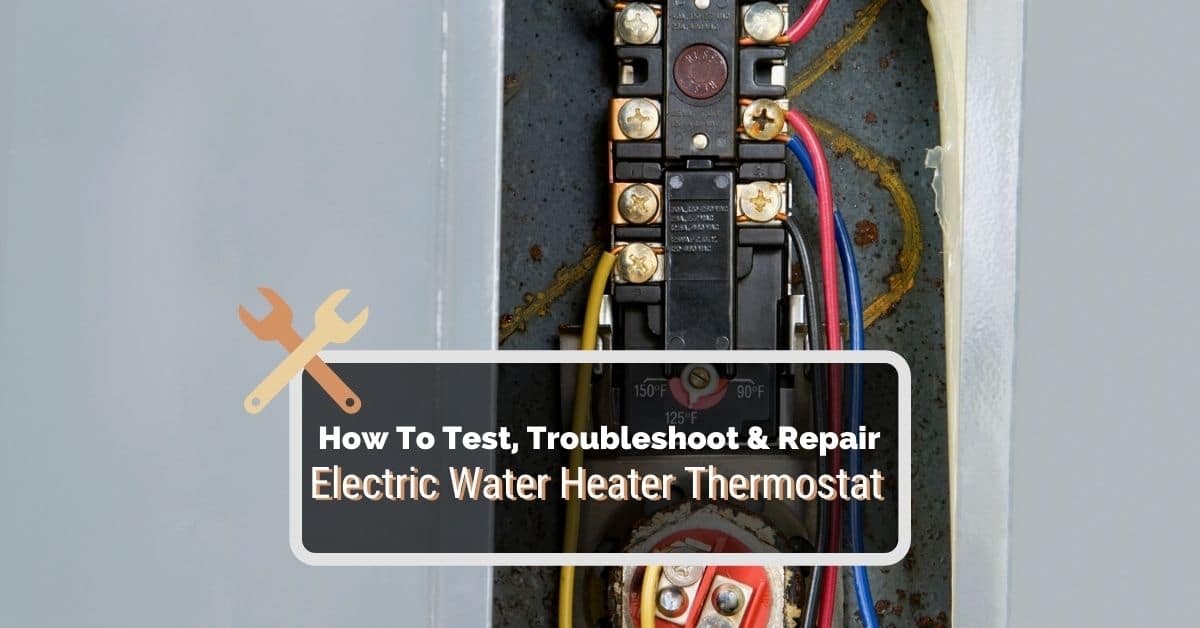

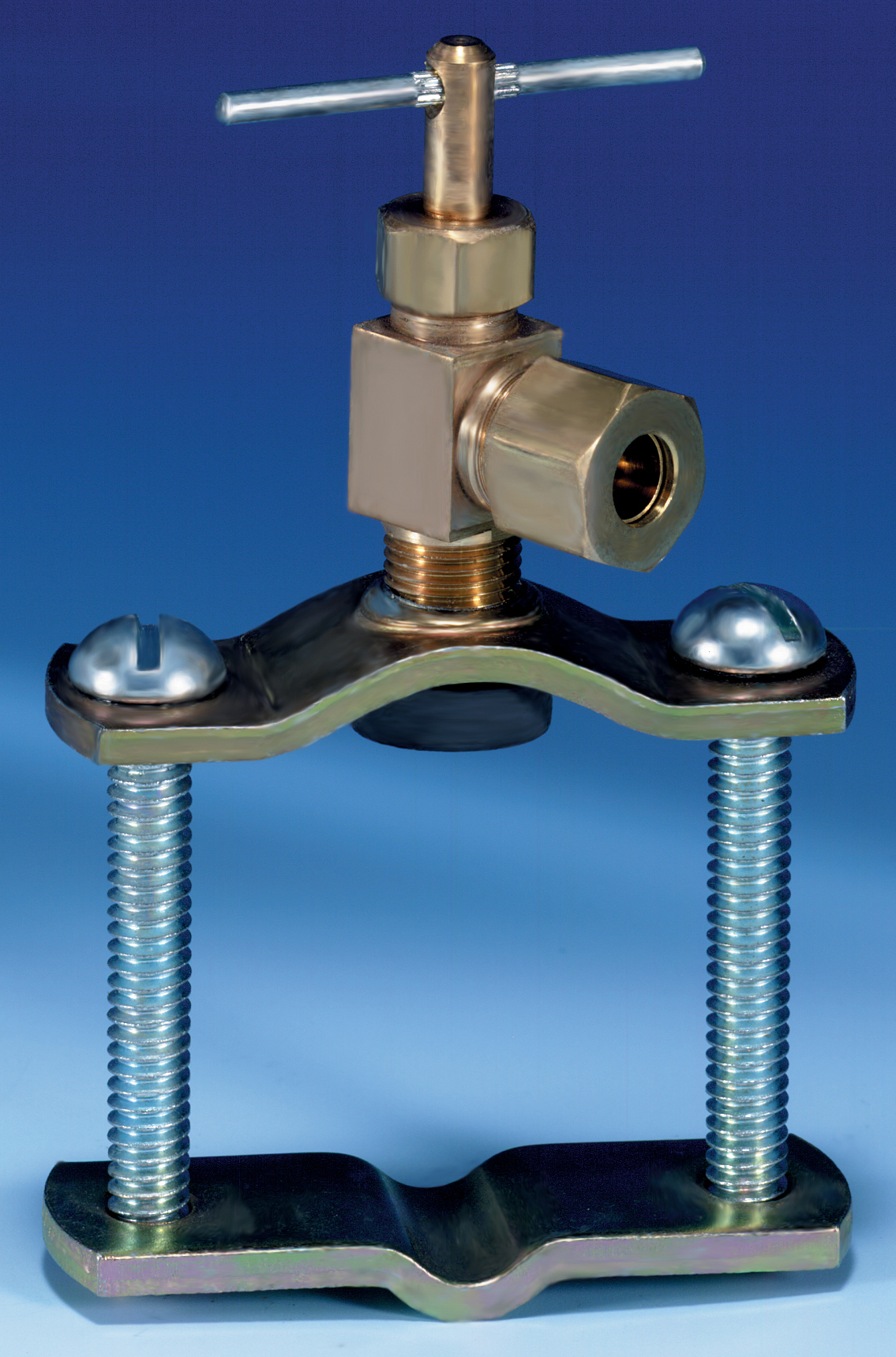





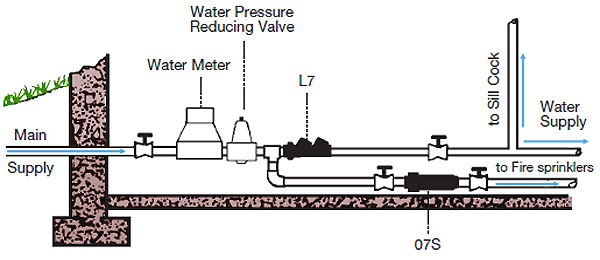





/fixing-a-tap-459986221-5afc675431283400371f7872.jpg)



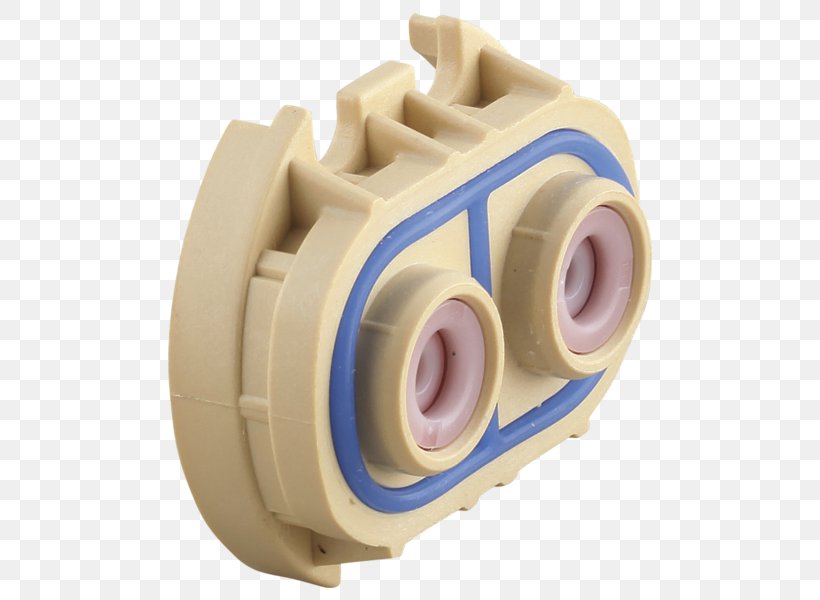
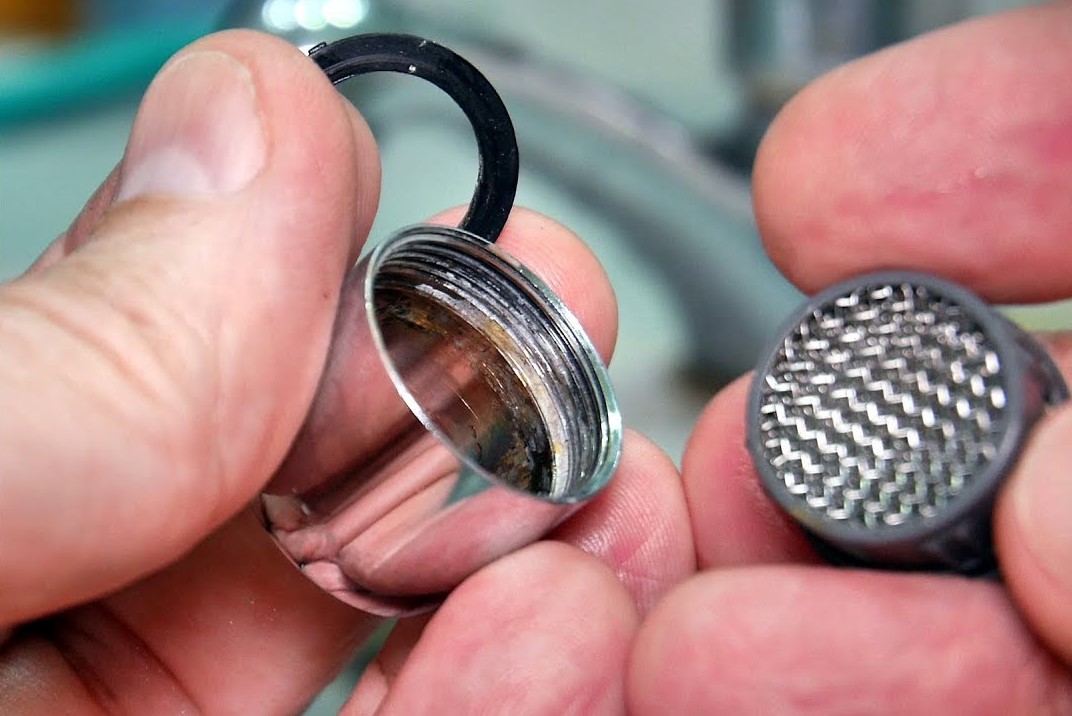
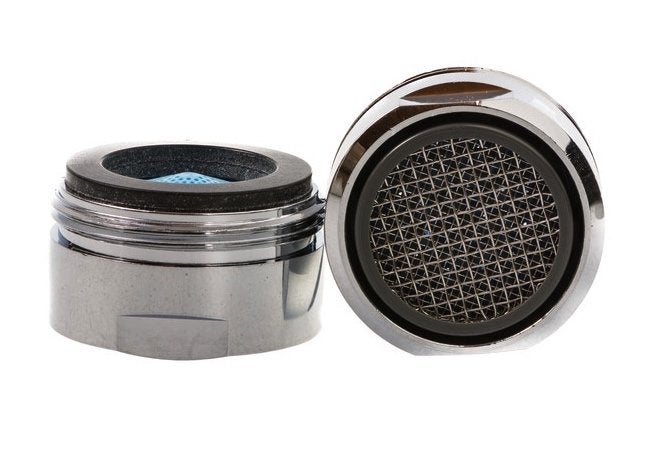
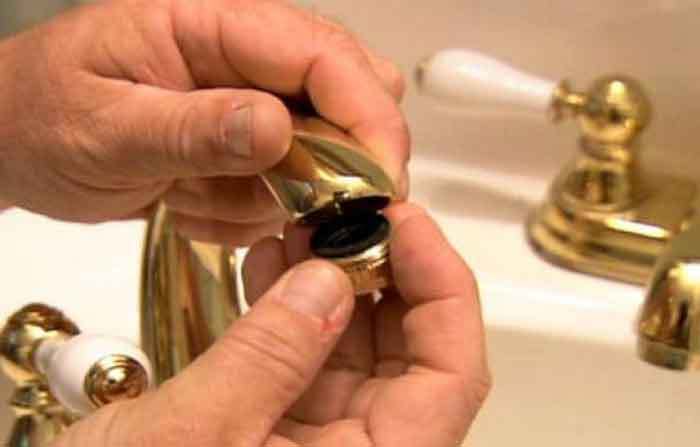
/cleaning-the-aerator-from-deposits--the-girl-hand-washes-a-dirty-limestone-aerator-with-water-1126244919-72868100964f42d5aa564a928371fea5.jpg)




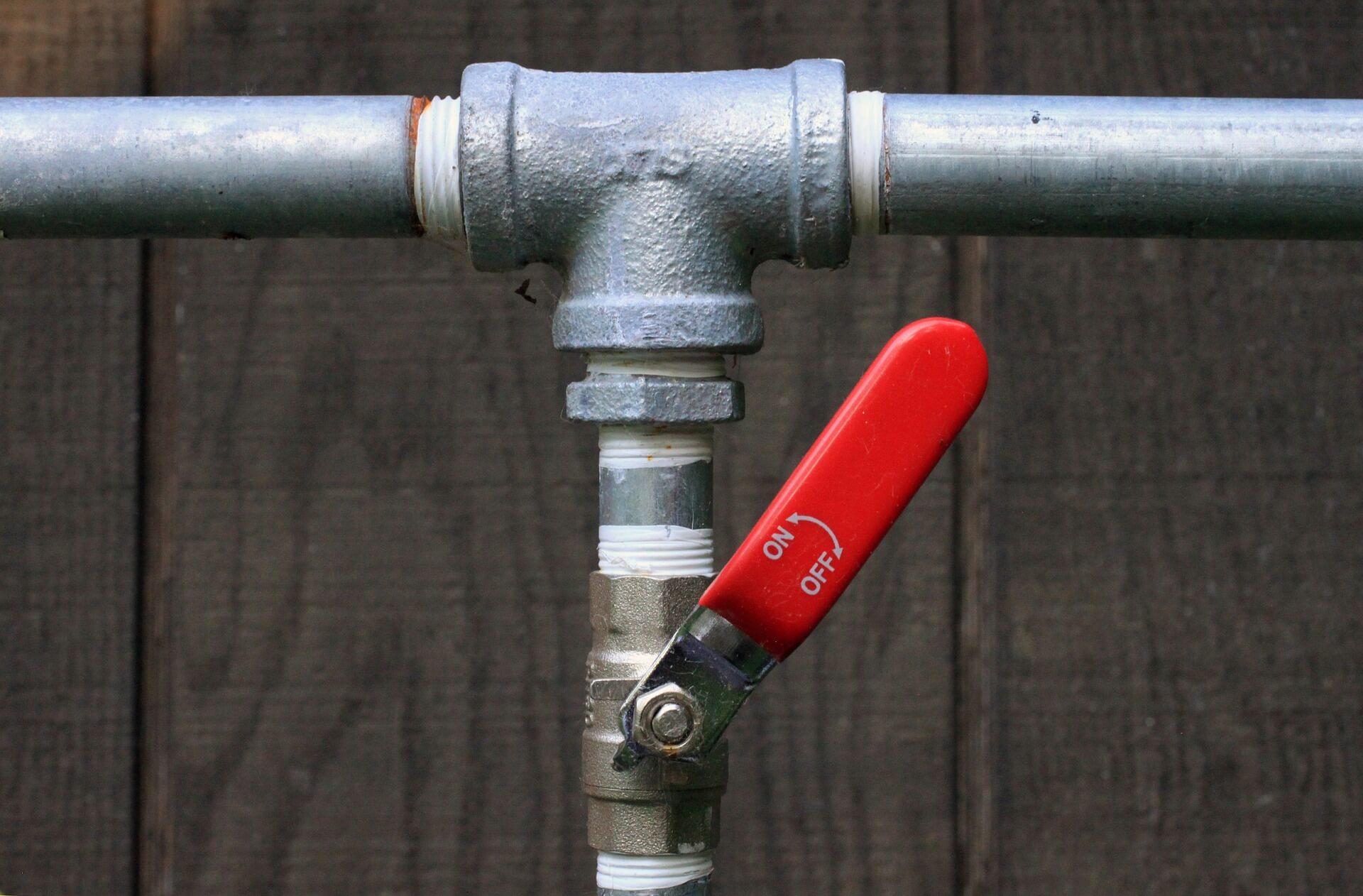
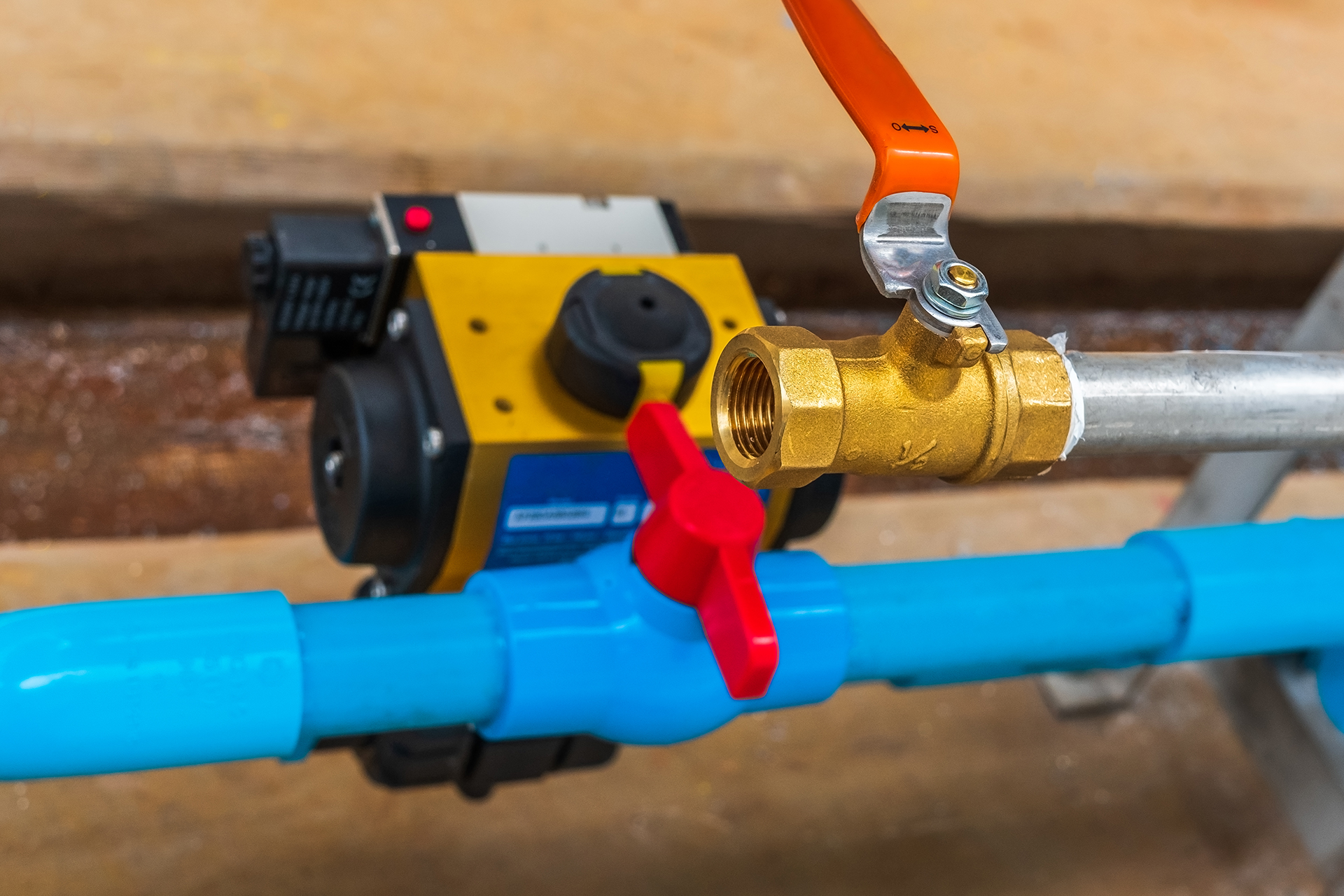
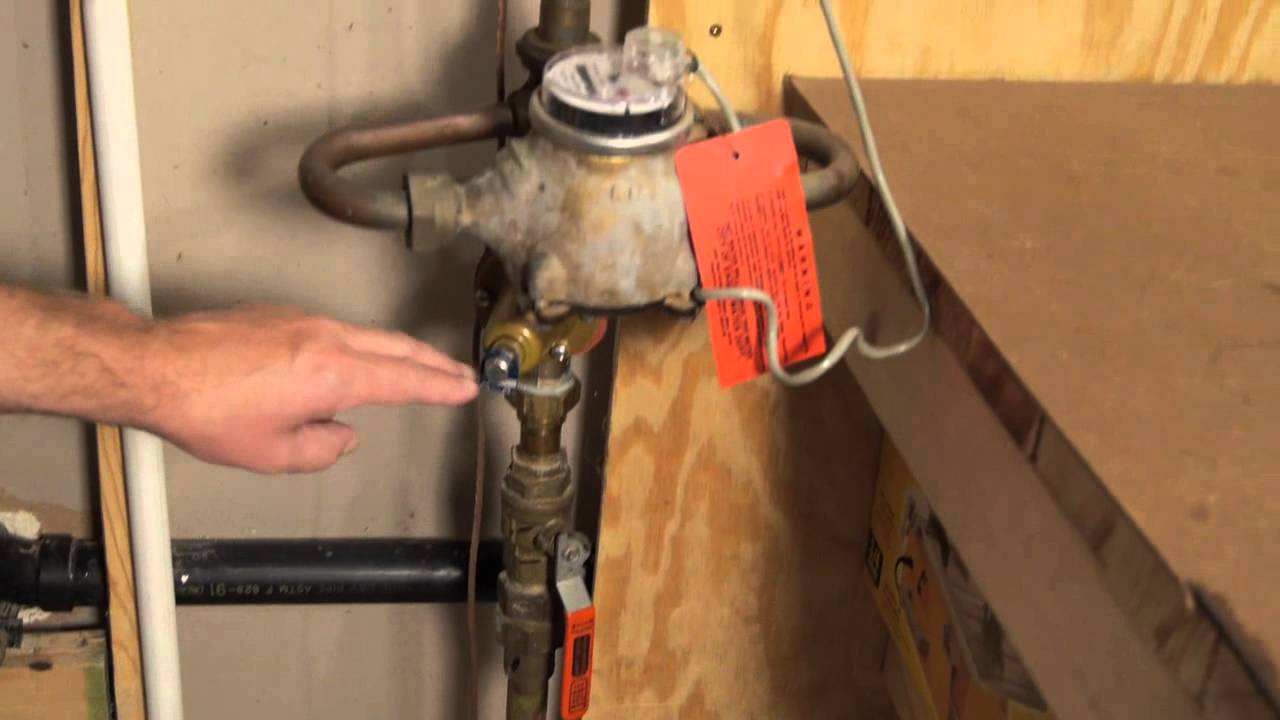
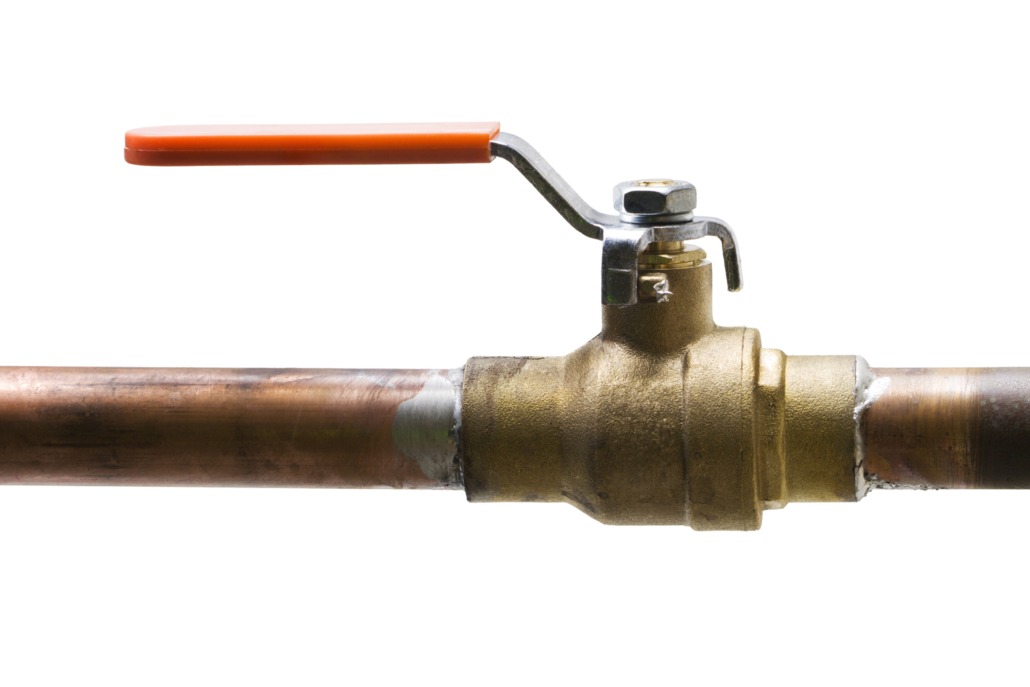


/human-hand-turn-off-shut-off-valve-home-water-supply--825171248-f1141ec757064532ac5aafd93efbf189.jpg)





